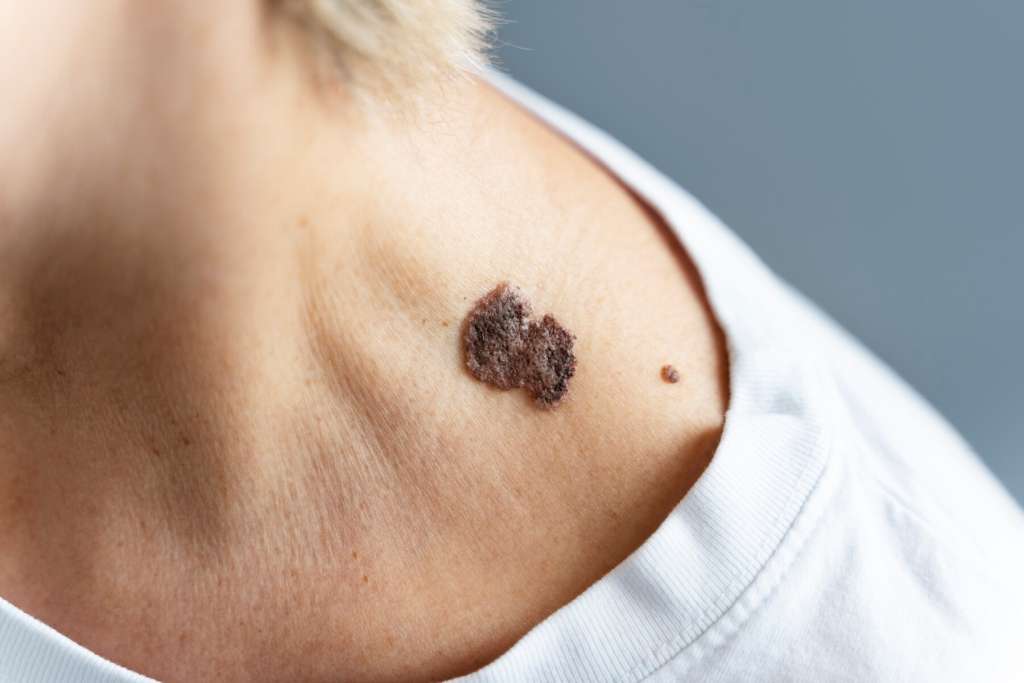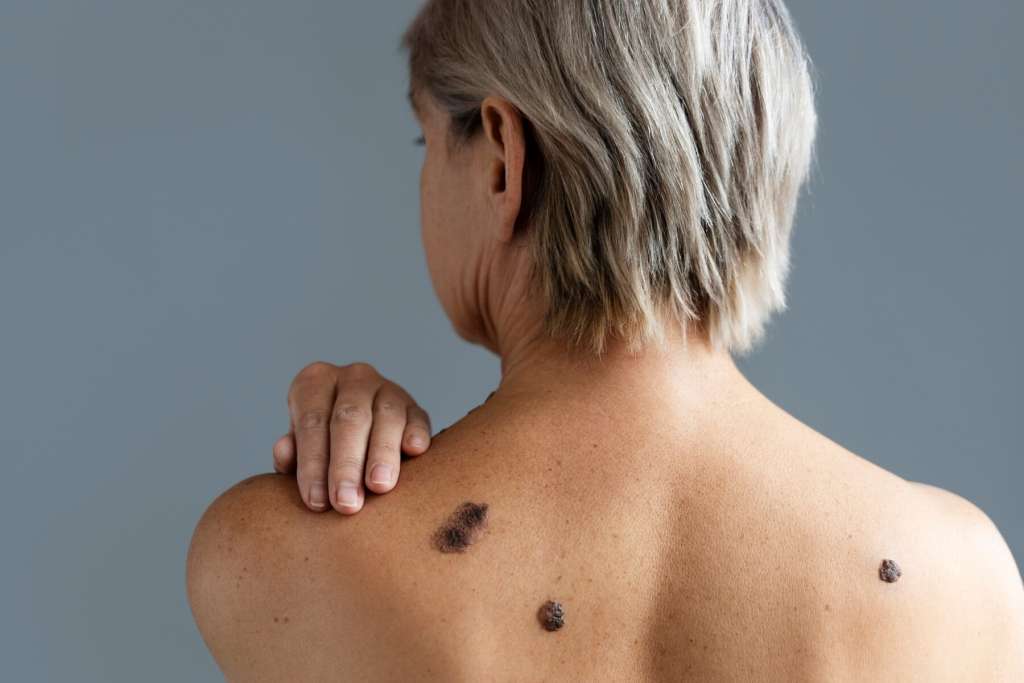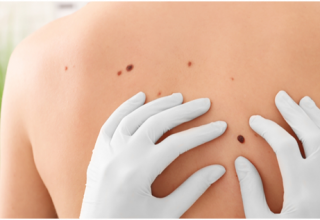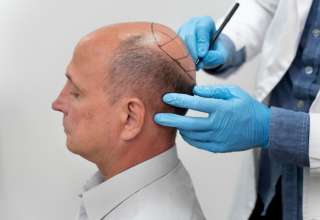Among the health concerns plaguing people these days, risks around skin cancer rank particularly prominently, especially in high-exposure areas such as the face, neck, hands, and back. With incidences rising annually, getting regular professional skin checks at skin cancer check clinics like SunDoctors Australia has become vital as a preventative measure for identifying any early warning signs or problematic moles, lesions, or rashes that may have developed.
But with many generalists and specialty clinics now offering skin cancer screening services following that increased demand, how does one identify the best facility suitable to their needs? How do you determine which diagnostic skin center truly has the right qualifications, expertise, and treatment options aligned to catching issues as early as possible?
Use this essential checklist to guide evaluation efforts as you scout locations for full-body skin checks, assessments, and related care.
Verify Practitioners are Certified Dermatologists
Above all, prioritize clinics with highly qualified dermatologists conducting the checks. Look for certification credentials from local medical boards. While some general physicians offer exams too, dermatology specializations reveal extensive added training suited for thoroughness.
Ensure All Tools and Tests are Available On-Site
High-quality screenings require more than just visual flare and mole mapping. Also confirm the availability of vital dermoscopy magnification, specialized lighting, digital photography, and full-body imaging to analyze unusual skin conditions from multiple angles. Having in-house biopsy testing and minor procedures also contributes greatly to disease interception rates by eliminating wait times.
Check for Multidisciplinary Expert Teams
A dedicated skin cancer clinic should provide coordinated support spanning dermatopathologists, oncologists, plastic surgeons, etc. This allows clear guidance around optimal biopsy interpretations, treatment plans, and reconstruction needs for any cases caught early that require action. Continuity builds trust.
Evaluate Client Comfort and Convenience Factors
Judge how the clinic environment and policies ease process barriers too; aspects like scheduling ease, minimal wait times once on location, and counseling support all reduce reluctance to maintain screening consistency, especially for apprehensive clients. Digital reminder systems also assist with adherence to long-term monitoring needs.
Learn About Ongoing Research Initiatives
Progressive locations invest continually in advancing detection techniques through the latest studies and trials around novel imaging uses, gene testing applications, etc. Such an evidence-based and solution-focused ethos sharpens diagnostic accuracy and sensitivity over time as technologies and learning co-evolve. This benefits communities through earlier issue flagging.
Confirm Follow-Up Care Capabilities
An often overlooked but critical element of a reliable skin cancer screening provider is having robust follow-up care coordination capabilities for any patients diagnosed and requiring subsequent treatment. Quality clinics build relationships with area hospitals, clinics, surgery centers, etc. to ensure streamlined referral connections are in place when cases call for further surgical interventions or specialty care such as lymph node mapping, grafting, chemotherapy, and the like.
Continuity from detection to multi-disciplinary treatment under one coordinated umbrella delivers optimal patient support while eliminating cumbersome logistical burdens during an already stressful period. So be sure to inquire about their post-diagnosis care coordination pipelines.
Conclusion
Getting regular skin checks is non-negotiable today, given the rising risks. But thoughtfully identifying quality diagnostic clinics with the above hallmarks transforms the exercise from just a routine necessity into an opportunity. Opportunity fueled by multidisciplinary expertise investing in ongoing innovation to intercept warning signs through state-of-the-art screenings as early as possible. Because when dealing with disease identification, precision and timeliness are important.
Read More: How to Build the Best Skincare Routine













